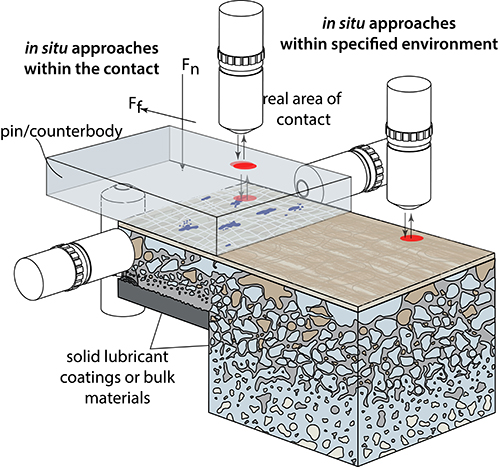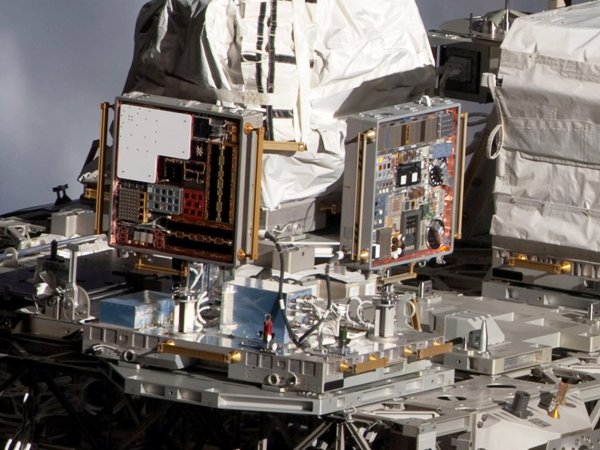Lehigh University
The Tribology Laboratory at Lehigh University
The Tribology Laboratory at Lehigh University
Research overview
Welcome to the Tribology Laboratory at Lehigh University. Our research interests are at the intersection of mechanical engineering, materials science, surface physics and chemistry. Over the past decade traditional fields in Mechanical Engineering have merged with other fields, such as surface science, through the recognition of the importance of nanoscale mechanics and chemistries on macroscopic systems at interfaces.
The research focus of the laboratory is on the interfacial interactions of materials and energy dissipation of interacting materials. Our research activities in tribology are focused on the fundamental origins of friction, materials deformation (contact mechanics), adhesion, wetting behaviors, and wear on complex surfaces ranging from cells to nanocomposites in environments ranging from space to thousands of feet under water.
Tribology
Generally, tribology is the “study that deals with interacting surfaces in relative motion and their associated design, friction, wear, and lubrication”. Tribology is a multidisciplinary field by nature because the interaction between surfaces can only be completely understood when considering the physics, chemistry, mechanics and materials of the interaction. In our studies in materials tribology, we aim to understand the physical and chemical interactions between contacting surfaces at an often inaccessible interface.
Our research in solid lubricants focuses on the developing and evaluation of solid lubricant materials, including polymers, nanocomposites, thin films and bio-inspired systems and their application in ultralow wear systems and extreme environments (including the space environment and high temperature applications).
We greatfully acknoledge funding from:
- NSF
- AFOSR
- WD-40 Company
- Sandia National Laboratories
- Pennsylvania Infrastructure and Technology Alliance
- Boulden Company
- Lehigh Heavy Forge





